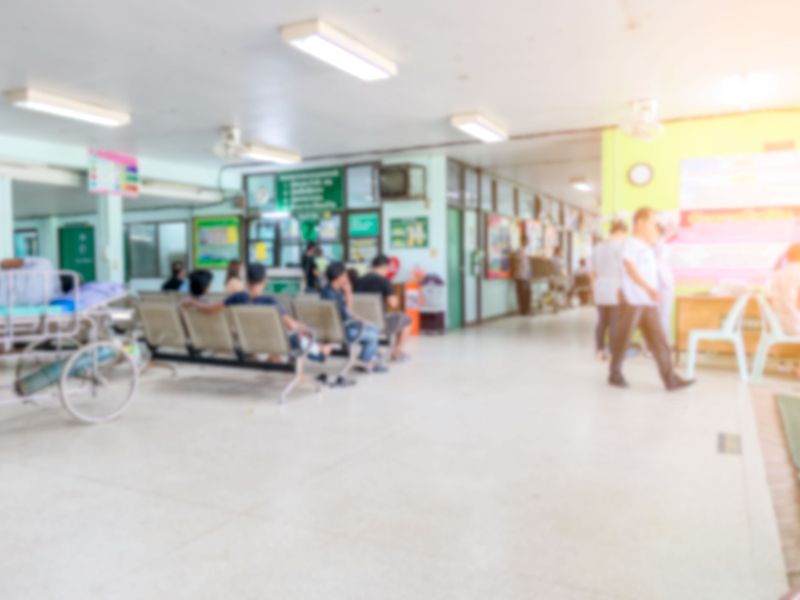
In today’s society, delaying health care is a situation that takes place more often than we’d like to admit.
Think of the parents who regularly put the needs of their children before of their own, ensuring their kids get proactive and reactive care when needed, but neglecting to do the same for themselves. What about professionals who won’t squeeze in a doctor’s appointment because they are to busy going to meetings. Then there are those who abide by an “ignorance is bliss” attitude and stay away from the doctor’s office for fear of what they might hear.
But what would you do if you needed more than just your annual preventive flu vaccine or something to deal with a sinus infection? What would you do if you woke up one day with unexpected and complete hearing loss in one if not both ears?
There’s a good possibility your hearing will not ever come back if you just attempt to put it off. Hearing specialists warn that sudden, temporary hearing loss could progress to permanent hearing loss without immediate treatment, particularly if the damage is at the nerve level.
What is Sudden Hearing Loss?
According to the National Institute on Deafness and Other Communication Disorders (NIDCD), only about half the individuals who experience sudden hearing loss–the rapid loss of 30 decibels or more of hearing ability–will regain some or all of their hearing naturally.
Sudden hearing loss is more likely to occur than some might believe. As a matter of fact for every 5,000 people, between one and six are estimated to experience sudden hearing loss. But according to the NIDC, if undiagnosed claims were included, that number would be significantly higher. That means that around 400,000 (or more) Americans may develop sudden hearing loss every year.
Sudden hearing loss can actually happen over several hours or days so the term is somewhat of a misconception.
What is The Cause of Sudden Hearing Loss?
Due to the fact that the onset can take place over hours or days, doctors are seldom able to learn what causes most cases. The sad reality is that determining a cause is possible in just about 10 percent of individuals diagnosed with sudden hearing loss. Infections, head trauma, autoimmune diseases, exposure to certain drugs, blood circulation problems, neurological disorders and disorders of the inner ear are some of the most common causes that hearing specialist can pinpoint.
As mentioned, getting treatment as soon as possible after the start of sudden hearing loss gives you the best possibility of recovering at least some of your normal hearing.
Sudden Hearing Loss; How do You Treat it?
In the majority of cases, particularly those where the cause is not known, the usual course of treatment consists of corticosteroids. As with all steroid use, the purpose is to minimize inflammation and decrease swelling.
The recommended method of treatment has changed since researchers have done more studies on sudden loss of hearing and medicine has modernized. Pill form is how these steroids were historically prescribed, but for individuals who were worried about the side effects of medication or were not able to take oral steroids, this presented a challenge.
A 2011 clinical trial supported by the NIDCD discovered that an injection of steroids into the eardrum proved to be just as effective as oral steroids, even making it possible for the medication to flow directly into the inner ear, without the disadvantage of the oral alternatives. These injections are now a normal approach to treatment in the offices of ear, nose and throat specialists around the country.
A panel of tests that may diagnose the underlying problem causing your sudden hearing loss can be set up by your doctor and that’s another reason why seeking prompt medical attention is essential. These tests can even test your ability to keep your balance as well as performing blood-work and several imaging techniques.
We Might be Getting Close to New Treatment For Sudden Hearing Loss
Researchers continue to work on the issue but honestly, there is a lack of concrete facts about the cause of sudden hearing loss. A potentially safer way of administering steroids is the new advancement of infusing the drug into microspheres.
Researchers have shown that even though they might not have all the answers about sudden hearing loss, your chances of getting your hearing back is increased by getting early treatment. Contact a hearing expert if you have hearing loss of any type.

